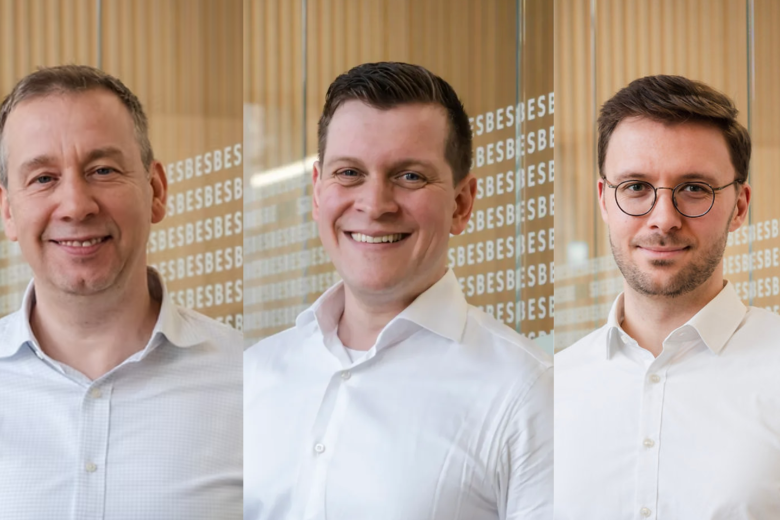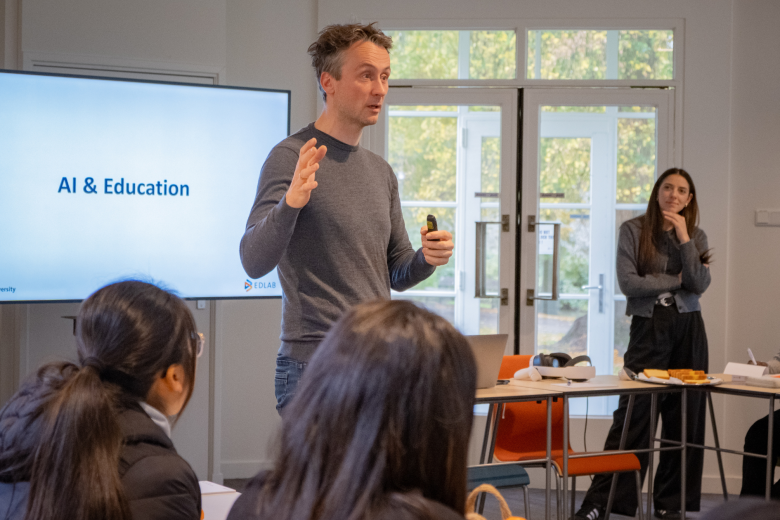SBE students at the second European Conference on the Economics of Transition and Resilience
On October 20th 55 SBE-students successfully pitched their policy proposals at the European Commission in the second European Student Conference on the Economics of Transition and Resilience.
The challenges posed to the students back in early September are nearly identical to those currently faced by commission representatives, enabling a uniquely challenging task for the students to apply their knowledge from their previous coursework in the form of a policy proposal paper and subsequent in-person pitch. Policies tackling the challenges of the energy transition holistically ranged from carbon dividends to labels of reparability of goods. They were pitched to the members of DG ECFIN, unit Economics of Transition and Resilience and guests from different DGs and units, specialized in aviation, shipping and energy.
The event was an astounding success. Students were vocal in their appreciation for the opportunity to present in the same environment as that of European Commission policymakers. Although it was for many their first economics class, their policy proposals did not reflect any lack of experience or newness. For others, this experience acted as perhaps the initial step in their careers in policy, politics, economics and more. If the potential and creativity witnessed in Brussels are any indication of the future of the European Union, we are well on our path to a sustainable future.
Also read
-
Shaping the future of marketing: SBE scholars at the forefront of research and teaching
Three faculty members from SBE’s Department of Marketing & Supply Chain Management, Prof. Dr. Dominik Mahr, Dr. Jonas Heller, and Dr. Tim Hilken, combine cutting-edge research with innovative teaching and mentorship. From exploring the societal implications of digitalisation in courses such as...

-
UWC Maastricht students get a taste of education innovation at EDLAB
On 21 October 2025, EDLAB hosted students from United World College Maastricht for the second year in a row, as part of their Youth Social Entrepreneurship programme.

-
Maastricht University ranked #3 worldwide and #1 in Europe in 2025 Better World MBA Ranking
We are incredibly proud to share that the MBA programmes of Maastricht University School of Business and Economics’ executive branches, MSM and UMIO, have once again been recognised among the very best sustainable business MBA programmes worldwide. In the 2025 Better World MBA Ranking by Corporate...
